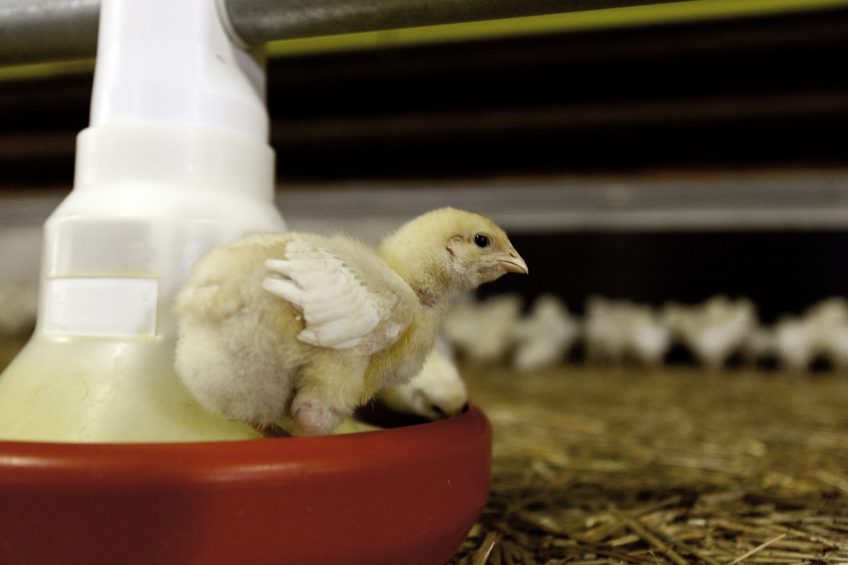Probiotic form effects on performance and health parameters

After the ban on the use of antimicrobial growth promoters in poultry diets several problems have come forward. Poor growth performance, a rise in the incidence of subclinical necrotic enteritis and dysbacteriosis are some examples.
To overcome these problems, dietary probiotics could contribute towards improved growth performance, the establishment and maintenance of a beneficial intestinal microbiota, which in turn may enhance colonisation resistance against pathogens and improve immune responses.
Probiotics are live microorganisms and should be viable when administered in diets in order to exert their beneficial effects, but also ultraviolet or heat-inactivated microorganisms may beneficially regulate an improved gut microbiota balance, host immune response and intestinal function.
In actual practice, inactivated microorganisms possess certain advantages over their viable counterparts such as longer shelf-life and durability in feed processes (e.g., pelleting) as well as reduced requirements for transport and storage. Therefore the effects of inactivated counterparts of proven probiotics on broiler growth performance and critical biomarkers pertaining to digestive function, gut ecology, and immune function should be evaluated in a comparative trial.
The effects of dietary inclusion of a poultry-specific viable probiotic product or its heat-inactivated form combined or not with avilamycin used as a growth promoter, on broiler growth performance, nutrient digestibility, digestive enzyme activities, and expression of immune response related genes were assessed. Products were tested with 450 male broilers in a 6 week trial in a 3 × 2 factorial arrangement with 5 replicates. Viable probiotic products, as well as inactivated probiotics alone or in combination with avilamycin, improved nutrient digestibility. All dietary additives affected growth performance positively and induced an anti-inflammatory response at ceacal level.













